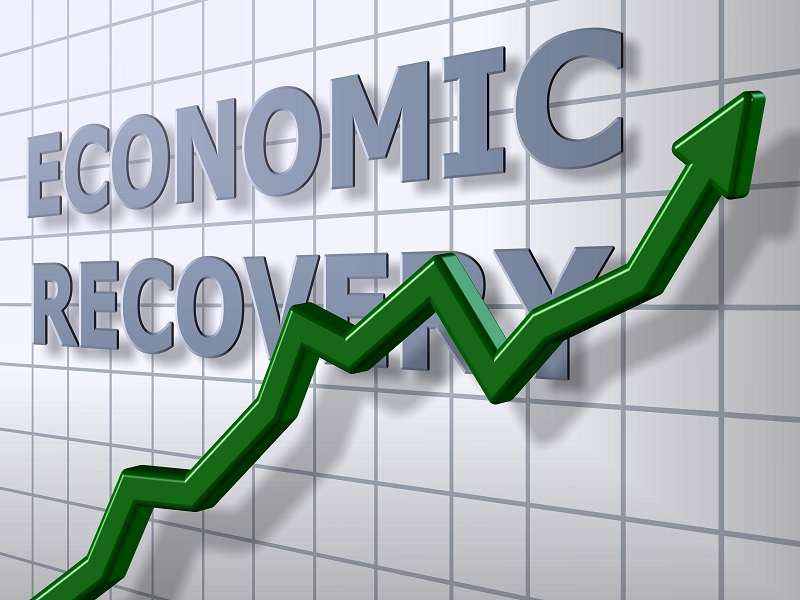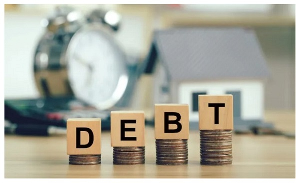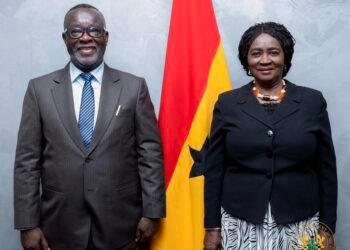Ghana’s economic crisis continues to command attention as Finance Minister Dr. Cassiel Ato Forson has delivered a stark assessment of the country’s financial standing.
In a recent comment, Dr. Forson painted a troubling picture of the economy inherited by the current Mahama administration, underscoring systemic failures and significant debt overhangs left by the previous NPP government.
According to the Finance Minister, the situation was already teetering on the edge by the close of 2024. At the center of the issue was an International Monetary Fund (IMF) programme that had reportedly deviated sharply from its original goals.
Citing the Deputy Managing Director of the IMF, Mr. Bo Li, he emphasized that the programme “had deviated substantially from its targets by the close of 2024.”
This divergence, he argued, jeopardized the government’s ability to execute a viable economic recovery strategy.
“Weak commitment control systems and irresponsible spending left arrears of about GH¢67 billion and contract commitments of over GH¢194 billion. A bleeding energy sector with annual financing shortfalls in excess of US$1.5 billion.”
Dr. Cassiel Ato Forson

Another area of major concern is the cocoa sector—once a cornerstone of Ghana’s export economy—which now bears GH¢32 billion in liabilities.
Despite its critical role in foreign exchange earnings and rural employment, the sector is heavily indebted, suggesting that years of financial mismanagement have undermined one of the country’s most vital industries.
Beyond the IMF programme’s derailment, Dr. Forson described deep-rooted inefficiencies in Ghana’s fiscal system.
These gaps, he warned, are not just statistical concerns but indicators of an economy under significant pressure from past mismanagement.
Heavy Repayments Loom Over Ghana’s Economy
In addition to long-term sectoral weaknesses, Dr. Ato Forson detailed looming repayment challenges. Ghana faces steep debt service obligations, with GH¢20 billion due in 2026, GH¢50.3 billion in 2027, and GH¢45.8 billion in 2028.
These figures are compounded by short-term treasury bill maturities amounting to GH¢137 billion—a scenario that raises questions about the sustainability of current borrowing strategies and the nation’s capacity to meet its obligations without defaulting or refinancing at higher costs.

Dr. Forson also spoke of the country’s empty fiscal buffers. With the Sinking Fund—traditionally used to cushion fiscal shocks—completely depleted, Ghana is exposed to external vulnerabilities with little to no financial insulation.
This lack of preparation, he said, leaves the economy at the mercy of global commodity fluctuations and foreign exchange volatility.
He went further to highlight how the debt crisis has also stalled crucial development projects. Around 55 infrastructure and service initiatives have been delayed due to complications surrounding bilateral debt restructuring agreements.
These projects are backed by roughly US$3 billion in undisbursed loan commitments, funds that remain inaccessible until outstanding issues are resolved.
“The root of our 2022 economic crisis can be traced directly to an overbearing fiscal dominance marked by reckless spending and corruption, compounded by poor leadership of the previous administration.
“The worsened fiscal situation spilled over into the monetary and external sectors, causing a rapid depreciation of the Ghana Cedi.”
Dr. Cassiel Ato Forson
Inflation rates soared to historic levels, with a rapidly depreciating Ghana Cedi contributing to reduced purchasing power, lower investor confidence, and widespread economic hardship for ordinary Ghanaians.
According to the Minister, part of the problem stemmed from a complete breakdown in coordination between the Ministry of Finance and the Bank of Ghana—an institutional failure that signaled “the highest levels of incompetence in the management of the economy.”
Despite these grim revelations, Dr. Forson expressed optimism in the path chosen by the current administration.

He noted that instead of engaging in blame games, President John Dramani Mahama’s government had resolved to reset Ghana’s economic trajectory through structural reforms, enhanced transparency, and measured fiscal discipline.
By acknowledging the scale of the economic crisis and presenting a roadmap grounded in realism, the government hopes to regain public trust and attract international support.
As Ghanaians await the tangible impacts of these proposed reforms, analysts remain cautious but hopeful.
The coming months are expected to be critical in determining whether the government’s strategy can withstand the legacy burdens and chart a more stable course for the country.
READ ALSO: Dangote Urges Fuel Import Ban in Nigeria, Faces Pushback from Oil Marketers























